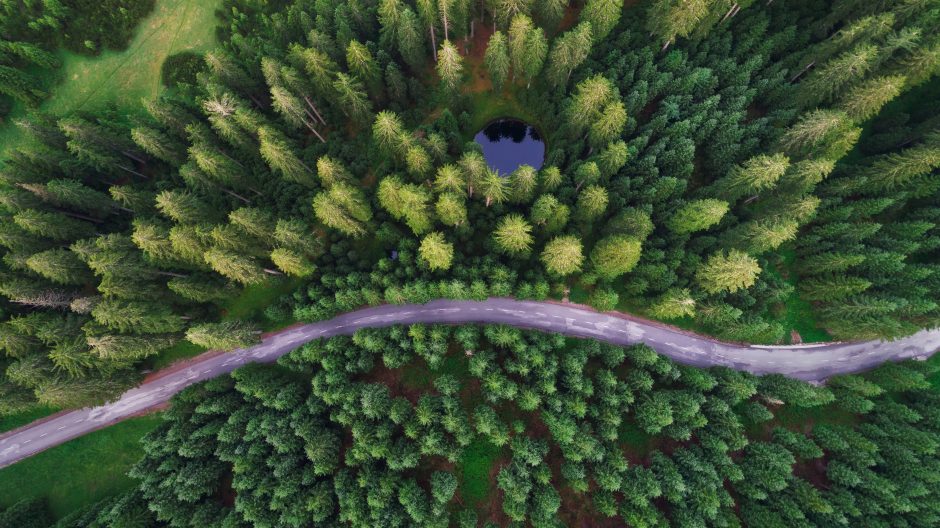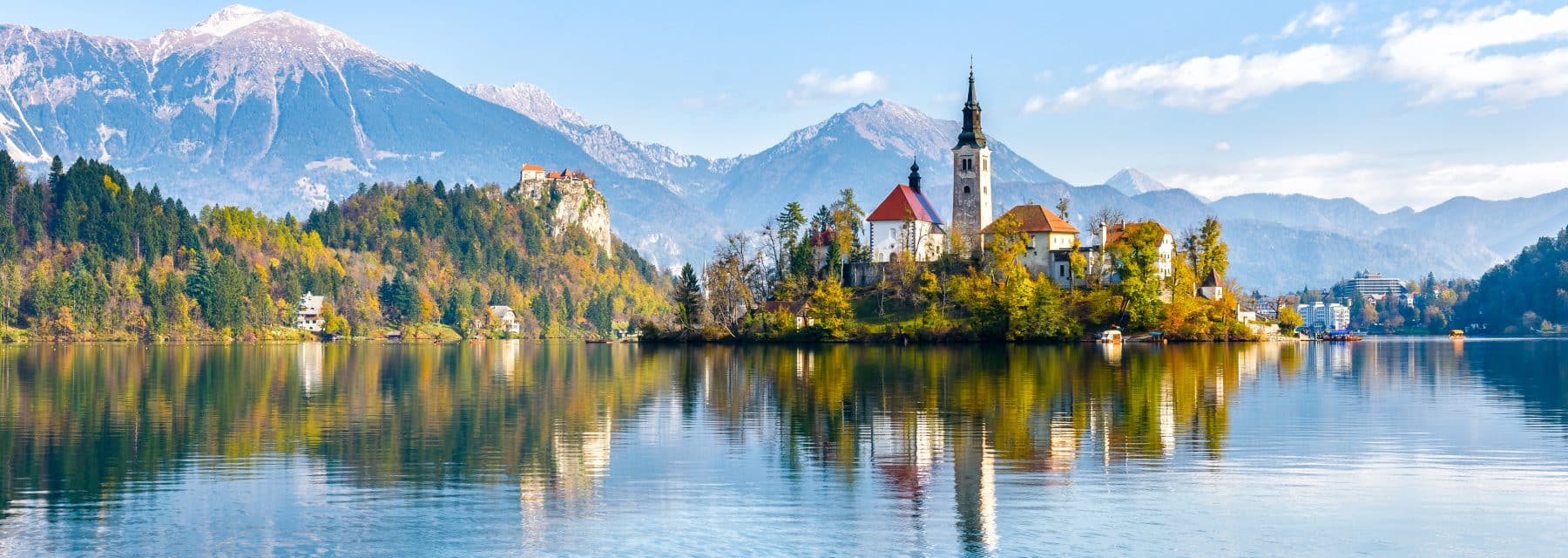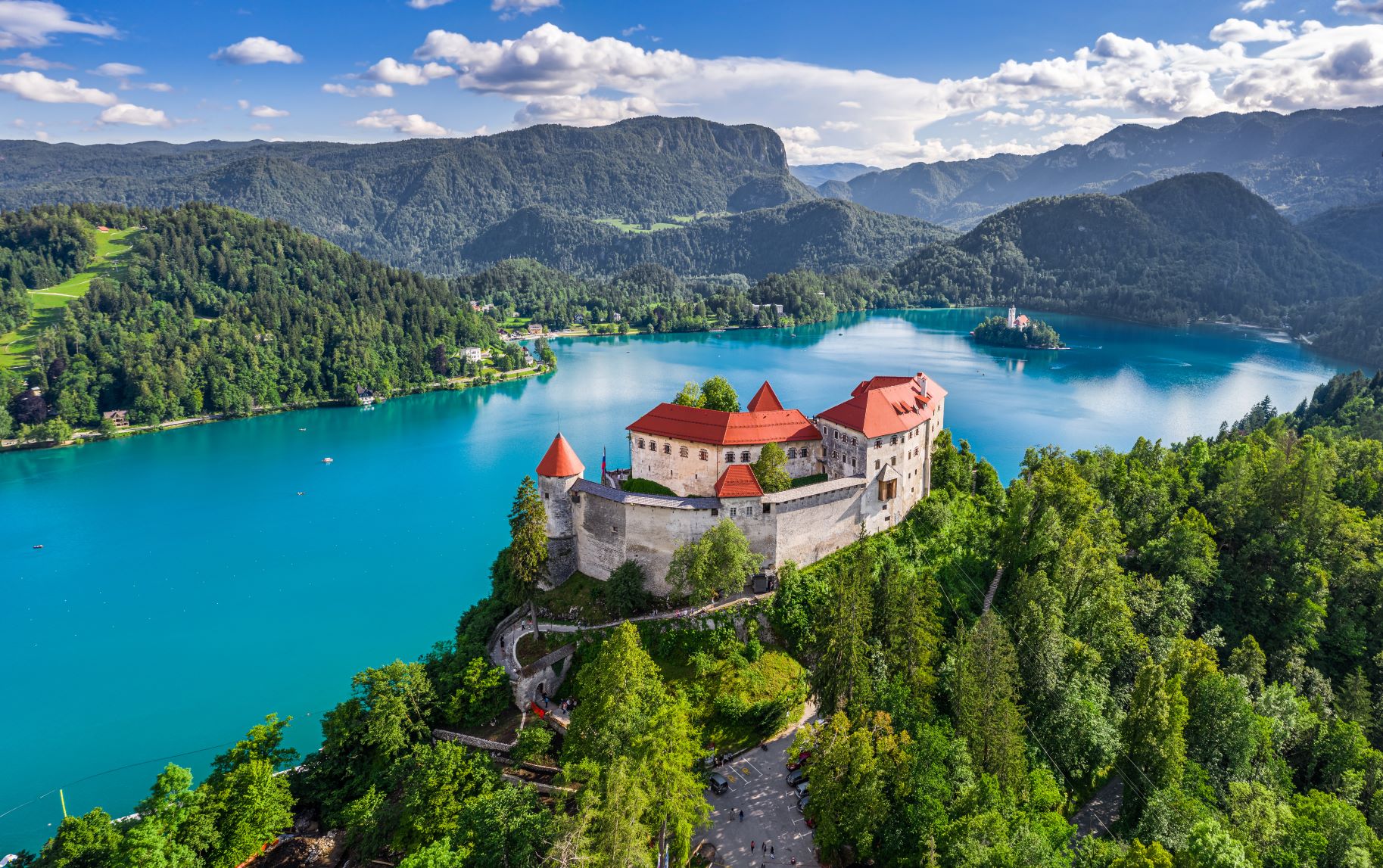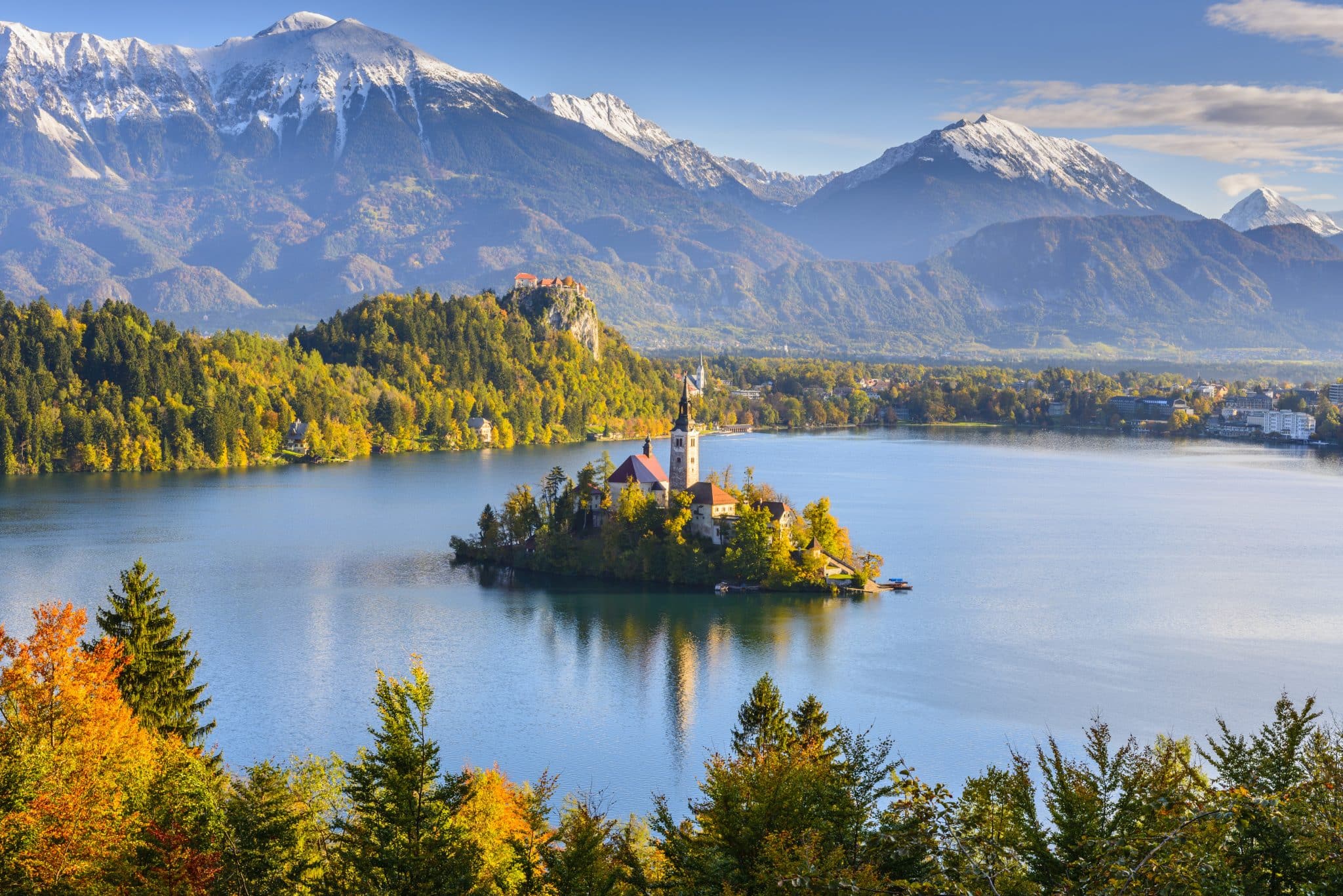
Circular Slovenia: Systems innovation for the transition to a circular, regenerative and low-carbon economy
Slovenia, along with other EU Member States, needs to significantly step up its efforts to meet the goals of reaching net-zero emissions by mid-century. In response to this urgent need, the Slovenian government has started working with Climate KIC on the Deep Demonstration of a Circular, Regenerative and Low-Carbon Economy in Slovenia to develop pathways for a more radical transition to climate neutrality through a circular economy, using a systems innovation approach.
This partnership aims to catalyse rapid decarbonisation and drive climate action and resilience through circular economy approaches while having a prosperous society. The Deep Demonstration methodology was deliberately chosen due to the complexity associated with transforming whole systems (not only technical but also social systems) and at the pace, the transformation needs to happen. This pace stems from the fact that achieving net-zero greenhouse gas emissions by 2050 requires rapid critical structural and exponential changes on multiple fronts simultaneously.
The Deep Demonstration mechanism aims to generate actionable intelligence for local policy and decision makers on how to manage system change in the current context of urgency, diversity and uncertainty. It entails the design and promotion of the circular transition of key value chains and economic sectors through a coordinated and coherent national approach based on international best practice. The aim is to achieve a cohesive transition to a resilient circular model in Slovenia that can reduce future economic, environmental and social costs, while creating local added value.














